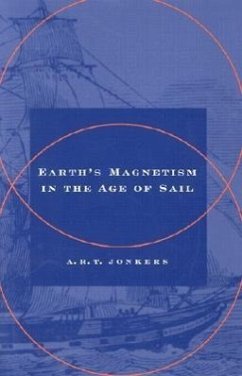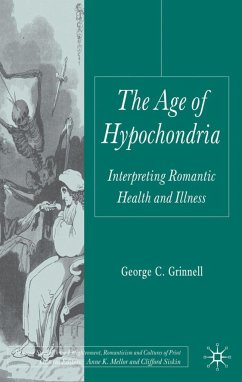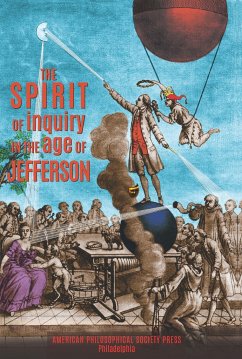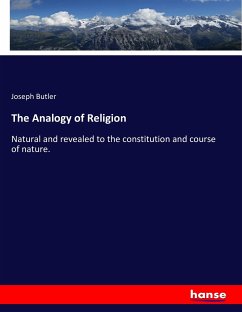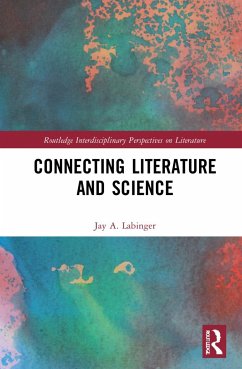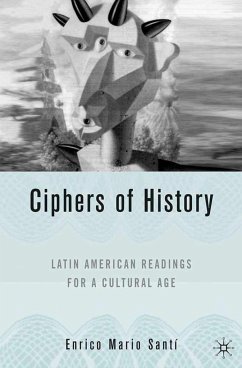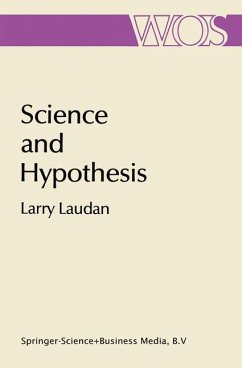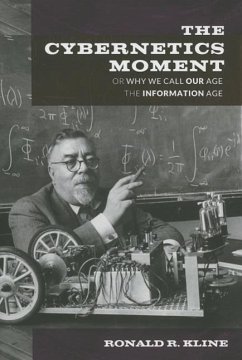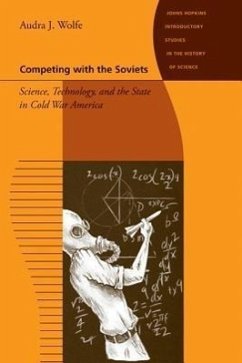
The Age of Analogy
Science and Literature Between the Darwins

PAYBACK Punkte
28 °P sammeln!
In The Age of Analogy, Devin Griffiths argues that the writing style of Erasmus Darwin and his grandson, Charles, was profoundly influenced by the novelists, poets, and historians of their time. The Darwins, like other scientists of the day, labored to refashion contemporary literary models into a new mode of narrative analysis that could address the contingent world disclosed by contemporary natural science. By employing vivid language and experimenting with a variety of genres, these writers gave rise to a new relational study of antiquity, or "comparative historicism," that used analogy to ...
In The Age of Analogy, Devin Griffiths argues that the writing style of Erasmus Darwin and his grandson, Charles, was profoundly influenced by the novelists, poets, and historians of their time. The Darwins, like other scientists of the day, labored to refashion contemporary literary models into a new mode of narrative analysis that could address the contingent world disclosed by contemporary natural science. By employing vivid language and experimenting with a variety of genres, these writers gave rise to a new relational study of antiquity, or "comparative historicism," that used analogy to analyze the relation between the past and present, but emerged outside of traditional histories. It flourished instead in literary forms such as the realist novel and the elegy, as well as in natural histories that explored the continuity between past and present forms of life. Nurtured by imaginative cross-disciplinary descriptions of the past--from the historical fiction of Sir Walter Scott and George Eliot to the poetry of Alfred Tennyson--this novel understanding of history fashioned new theories of natural transformation, encouraged a fresh investment in social history, and explained our intuition that environment shapes daily life. "[A] serious, detailed, and convincing account."--Choice "[P]erhaps the most ambitious and important book on the entanglement of nineteenth-century scientific culture and literature to have been written this century."--Isis "[T]ruly fresh inspiration and insight."--Victorian Studies "Griffiths' book is both readable and richly rewarding."--Review 19 "[A] deeply impressive book."--SEL Studies in English Literature 1500-1900 "What is exhilarating about The Age of Analogy is its bold insistence upon the utility of imaginative literary form as an active agent in science."-- Literature and History "Building on the established models of new historicism and of Gillian Beer's foundational work on Darwinism, [Griffiths] offers something new by asking researchers in this field to think more carefully about the kinds of historicism that operate both in their own work and in nineteenth-century literary and scientific writing."--Review of English Studies "The Age of Analogy makes a valuable contribution to the humanities and sciences."--Metascience "This ambitious work should shape future thinking about historicism, science and literature in the nineteenth century and beyond."--British Society for Literature and Science "The Age of Analogy promises to transform our understanding of literary and scientific history in the Anthropocene."--Nineteenth-Century Contexts "[A] compelling set of insights into modes of thought that circulated in the first half of the nineteenth century, some of which continue to shape and define our own times. A necessary intervention."--Journal of British Studies "Ambitious in its scope and vision and eloquently written."--Dickens Quarterly "A book of enormous erudition."--Wordsworth Circle




